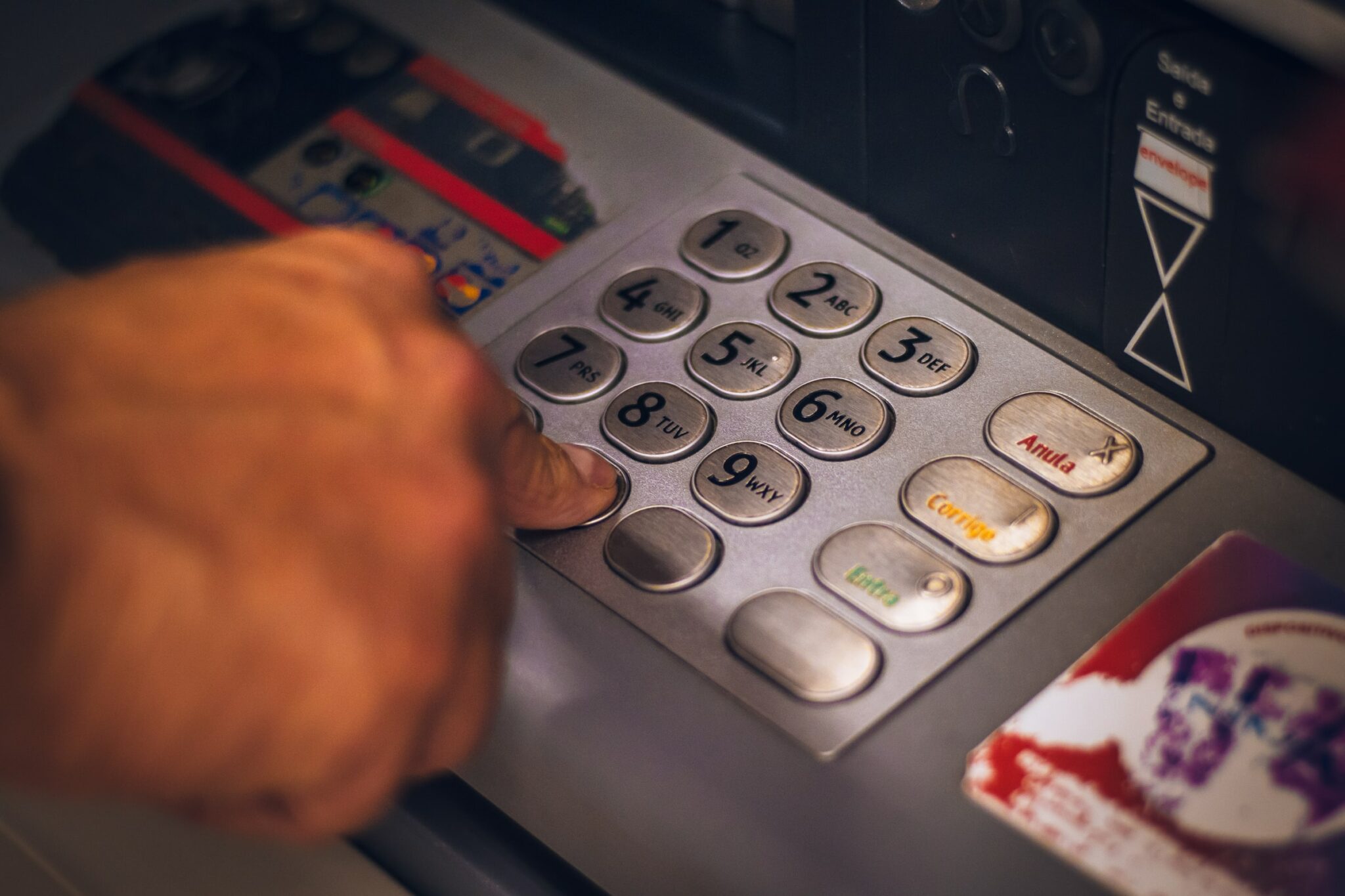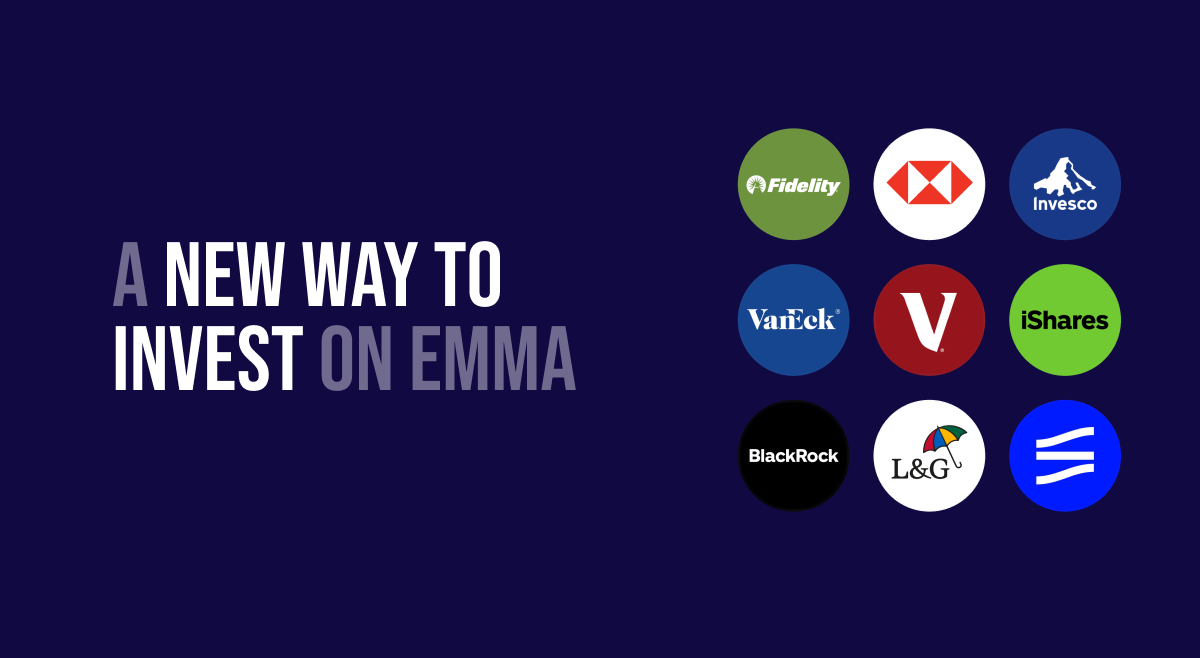FEATURED ARTICLE
4 Types Of Bank Fees & Charges Everyone Should Know About

Rebekah May
December 10, 2020 •3 min read
TABLE OF CONTENTS
1. Overdraft Fees
2. ATM Withdrawal Fees
3. Foreign Transaction Fees
4. Refusal Charges
Bank fees are charges made to a customer with a bank account. These charges will vary depending on the type of account you have, and which service you’re using.
While some banks work hard to make their fees and charges known, not all banks are so upfront. After all, bank fees are one of the primary sources of revenue for many banks.
Here we take a look at the different types of bank fees and charges. We’ll even show you how to find out how much you’ve paid in charges over the years.
1. Overdraft Fees
An overdraft lets you borrow more money than you actually have in your bank account. This might sound like a wonderful thing, but there are costs involved.
These costs come from interest that is charged to your account, which if you’re not careful can build up quickly.
The amount you’re charged for overdraft fees will vary depending on which bank you’re with, but you could be charged anywhere between 15% and 40% APR (annual interest rate).
To save money on bank fees like this, consider whether you really need an overdraft to begin with. If you need to borrow money, research if there are cheaper ways you can do this.
We have some excellent guides on credit cards and loans that you might find helpful.
2. ATM Withdrawal Fees
In the UK, most cash machines let you withdraw money for free. However, there are some instances where you might be charged.
ATMs inside smaller shops often warn you that you’ll be charged a hefty fee for taking cash out. These charges help cover the cost of the ATM installation, and are used as a revenue stream for many businesses.
Taking money out of an ATM with your credit card (and some prepaid cards) can also cost you. You should avoid taking money out of an ATM with a credit card wherever possible. This is because you’ll be charged interest on any money you take out, from the date you withdraw the money, until you pay the balance off.
Taking money out of an ATM with your credit card could also mean you are charged a cash advance fee. This is either a percentage of the amount you withdraw or a fixed fee - both of which can get expensive.
Using your credit card to withdraw money from a cash machine can also negatively impact your credit report. It makes lenders think that you don’t have enough money in your bank account, and therefore aren’t a responsible borrower.
To avoid ATM withdrawal fees, search for ATMs that don’t cost anything to withdraw. It really is a waste of money to use a machine that charges you. Once you’ve found a free machine, make sure you withdraw money from a debit card, instead of a credit card.
3. Foreign Transaction Fees
Some banks charge you for completing foreign transactions. Whether that’s taking money out of a cash machine, or paying for items in shops, restaurants, and bars.
To process the transaction, your card will charge you a percentage of the transaction, usually 3%. This isn’t a huge percentage, but can definitely add up over the course of your holiday.
Before you go away, check what foreign transaction fees are listed by your bank. These fees may be called foreign transaction fees, load fees, or non-sterling transaction fees. The amount charged often varies by bank, so make sure you research this before travelling, choosing the cheapest option to take away with you.
You could also be charged a foreign transaction fee if you’re online shopping with a foreign retailer. That’s because any purchase in a foreign currency is classed as an overseas transaction, regardless of whether you’re actually abroad. Factor these fees into the cost of your shopping, and consider whether there are better deals closer to home.
4. Refusal Charges
If you don’t have enough money in your bank account when a direct debit, or standing order is due, you could be charged a refusal fee. This could be anywhere from £5 to £25.
Making sure you have enough money in all your accounts is the best way to avoid these charges. You might also be able to avoid these fees if you catch the error early. You have until 2pm on the day that the standing order is due to add enough money into your account before you are billed for the refused payment.
If you’re finding it difficult to keep on track of your upcoming payments, an app like Emma could help. We have a dedicated section that shows subscriptions and bills in one place. We’ll predict when your next bill is due, so you can make sure you have enough money in your accounts.

Good money management and keeping on top of all your accounts will go a long way toward reducing bank fees. Download Emma and we'll give you all the tools you need to avoid these unnecessary fees.
You may also like
Check out these related blog posts for more tips
© 2026 Emma Technologies Ltd. All Rights Reserved.
Emma is registered and incorporated in England and Wales.
Emma Technologies Ltd is an appointed representative of RiskSave Technologies Ltd, which is authorised and regulated by the Financial Conduct Authority (FRN 775330).
Payment services (Non MIFID or Deposit related products) for Emma Technologies Ltd are provided by The Currency Cloud Limited. Registered in England No. 06323311. Registered Office: Stewardship Building 1st Floor, 12 Steward Street London E1 6FQ. The Currency Cloud Limited is authorised by the Financial Conduct Authority under the Electronic Money Regulations 2011 for the issuing of electronic money (FRN: 900199). For more detail on how your money is protected please see here. You can also find Currency Cloud's Terms of Use here.
Emma Technologies is an Introducer Appointed Representative of Quint Group Limited and not a lender. Quint Group Limited is authorised and regulated by the Financial Conduct Authority (Firm Reference Number 669450). Monevo Limited is an Appointed Representative of TransUnion International UK Limited. TransUnion is authorised and regulated by the Financial Conduct Authority (Firm Reference Number 737740). Emma Technologies introduces customers first to Quint Group Limited, as a licensed credit broker, who then refers on to Monevo Limited.
Emma is registered with the Financial Conduct Authority under the Payment Services Regulations 2017 for the provision of payment services.
Financial Conduct Authority Reg Nr: 794952.
Company Registration Number: 10578464.
Data Protection Registration Number: ZA241546.
All testimonials, reviews, opinions or case studies presented on our website may not be indicative of all customers. Results may vary and customers agree to proceed at their own risk.
Resources: Cancel subscriptions, Cashback offers, Who charged me, Rent Reporting, Budgeting, Investment universe, Emma vs Moneyhub.
Featured cashback offers: Samsung, SimplyCook, NordVPN, Audible, M&S Homeware.










